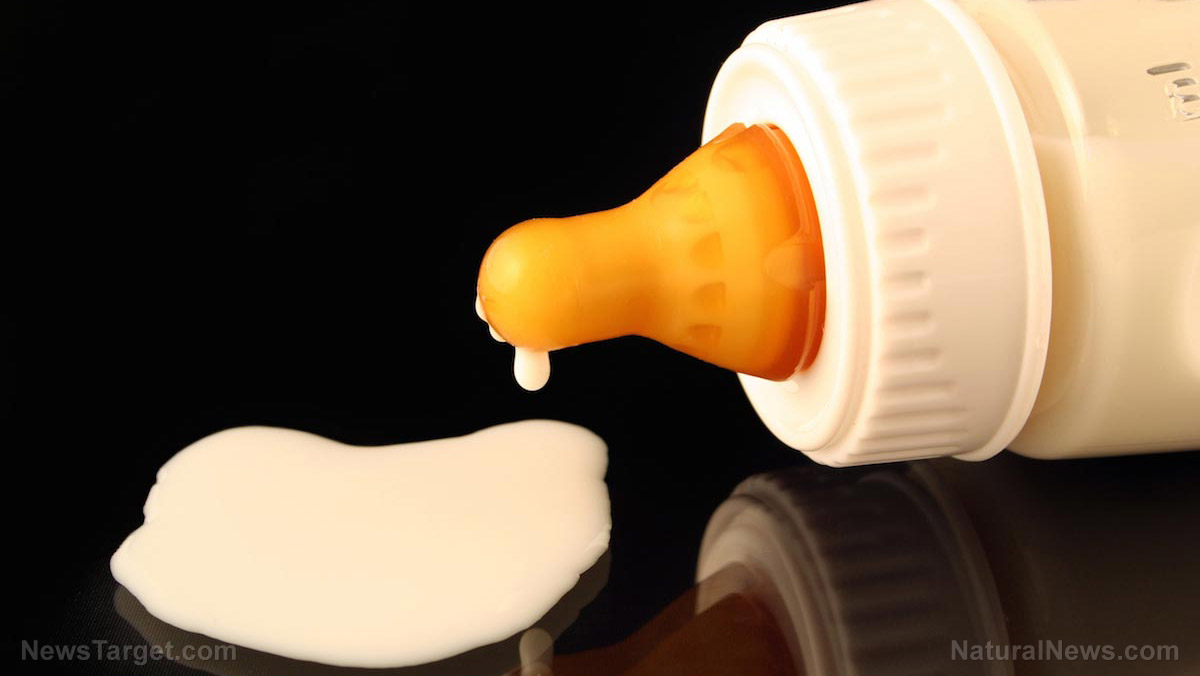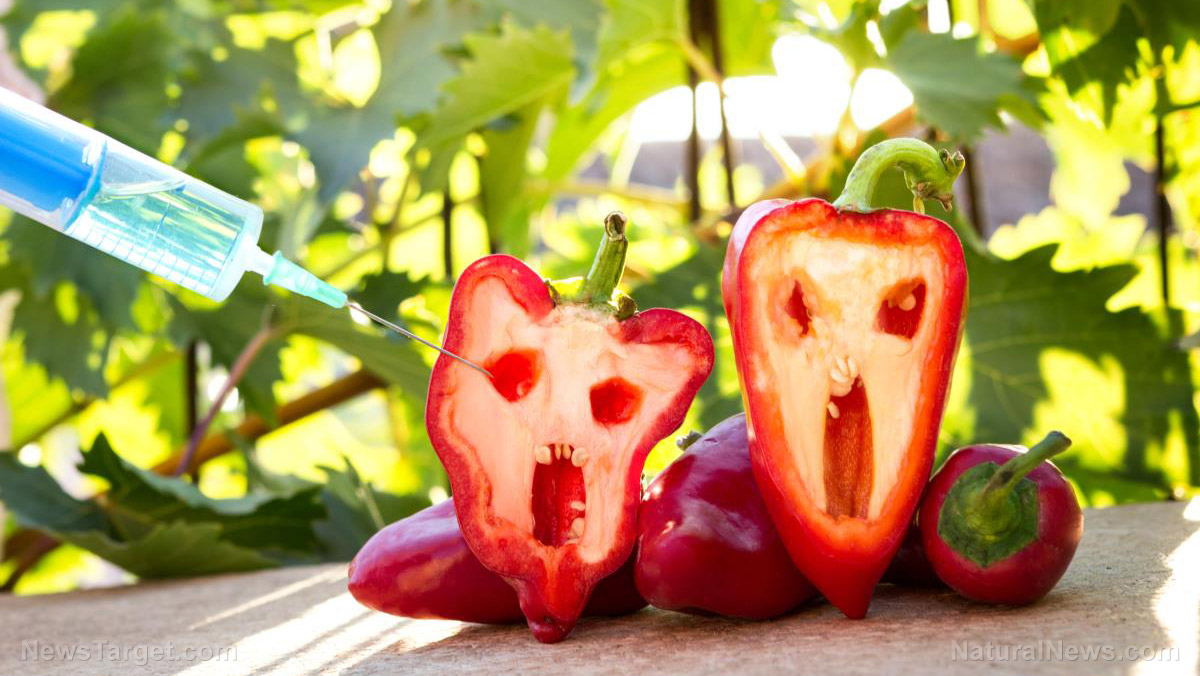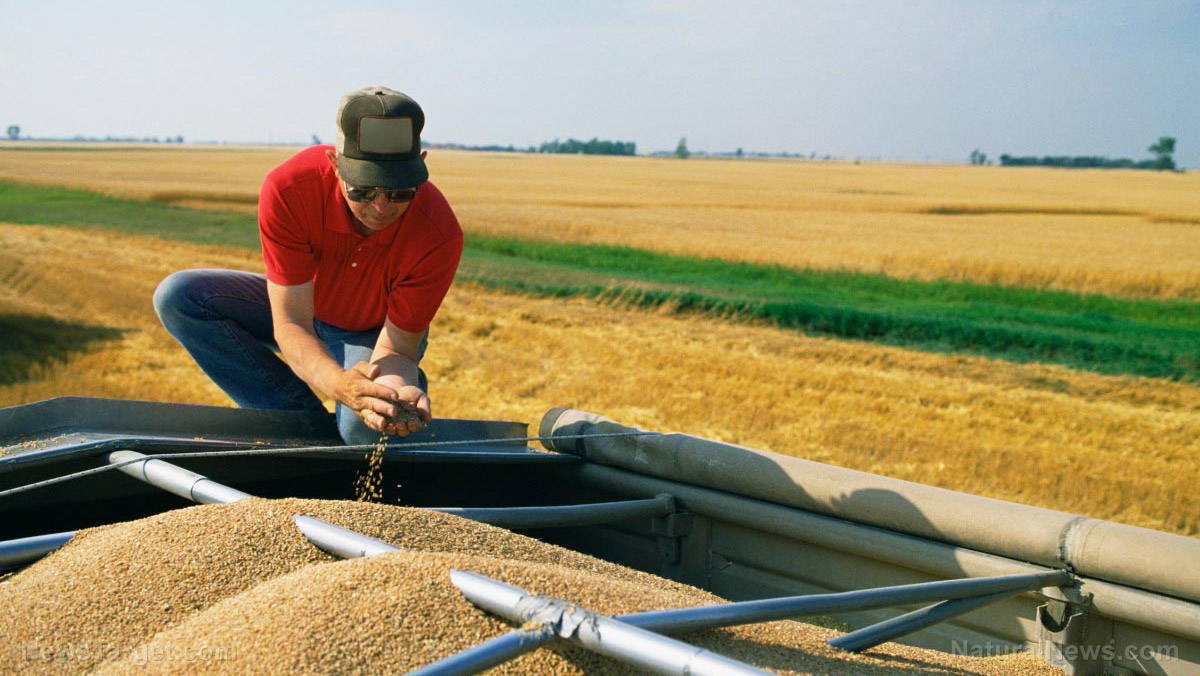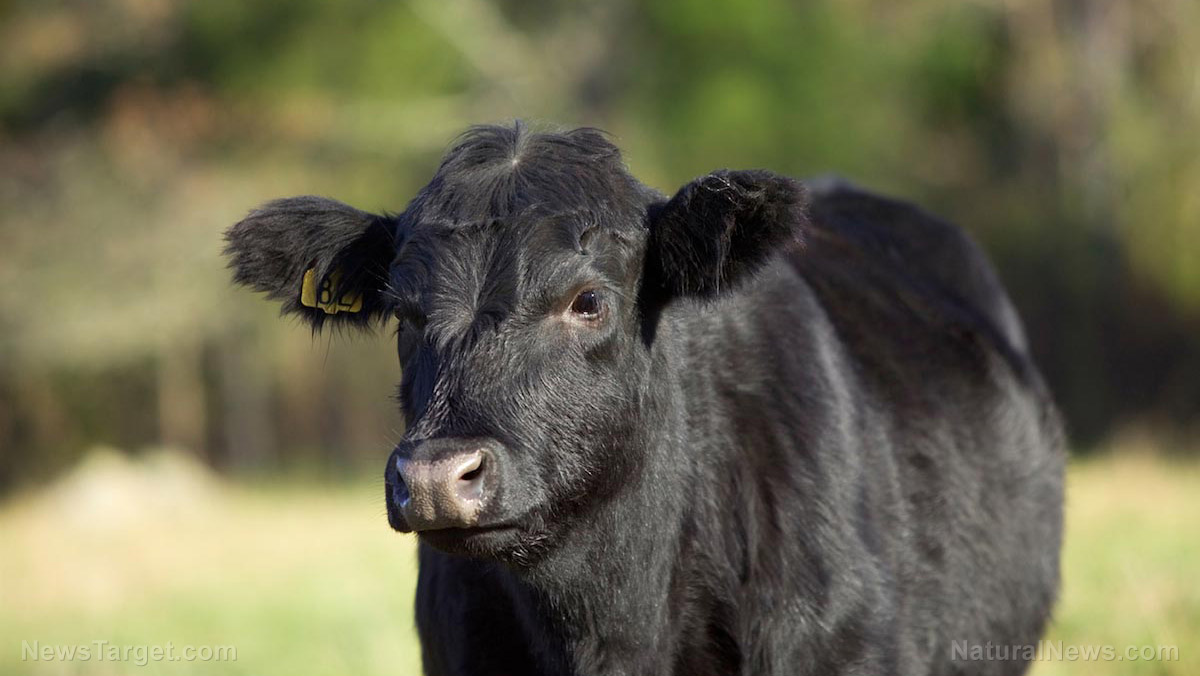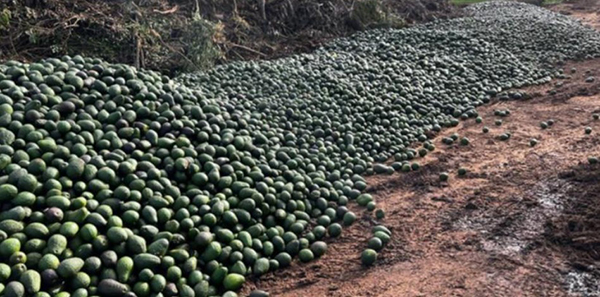As its infant formula sickened babies, Abbott Nutrition issued $5 billion in stock buybacks
05/26/2022 / By Ethan Huff

It has come to our attention that as the baby formula crisis was reaching a crescendo last fall with babies everywhere getting sick, Abbott Nutrition, the culprit, was enriching its shareholders with a massive $5 billion stock buyback.
Financial documents and whistleblower testimony unearthed by The Guardian (UK) show that Abbott used massive windfall profits it accumulated between 2019 and 2021 to buy back shares and pump up its dividend disbursement. All the while, the company’s infant formula was sickening little ones with bacterial contamination.
“Abbott detected bacteria eight times as its net profits soared by 94% between 2019 and 2021,” the Guardian‘s Tom Perkins wrote in an exposé on the revelation.
“And just as its tainted formula allegedly began sickening a number of babies, with two deaths reported, the company increased dividends to shareholders by over 25% while announcing a stock buyback program worth $5 billion.”
According to Rakeen Mabud, chief economist at the Groundwork Collaborative, Abbott prioritized shareholders over “making productive investments” in its factories and production methods.
“It’s important that we have high standards for something as vital as baby formula,” Mabud told the Guardian. (Related: Learn how to make your own healthy baby formula at home.)
Abbott left Sturgis plant “failing and in need of repair,” claims whistleblower complaint
It was late February of this year when Abbott recalled a bulk of its Similac PM 60/40 powdered formula, which was manufactured at a plant in Sturgis, Mich., after two infants who consumed the product died of a cronobacter infection.
The U.S. Centers for Disease Control and Prevention (CDC) says at least four infants also got sick after consuming product from the same factory, which remains closed pending an investigation into possible solutions to the problem.
The Department of Justice (DoJ) also filed a complaint against Abbott, which claims that “there is no conclusive evidence to link Abbott’s formulas to these infant illnesses.”
A whistleblower filing dated Oct. 19, 2021, however, contradicts this claim by Abbott. That filing states that the bacteria outbreak at the Sturgis plant is because the plant is “failing and in need of repair.”
“A number of product flow pipes were pitting and leaving pinholes,” the complaint adds.
“This allowed bacteria to enter the system and, at times, led to bacteria not being adequately cleaned out in clean-in-place (‘CIP’) washes. This, in turn, caused product flowing through the pipes to pick up the bacteria that was trapped in the defective areas of the pipe.”
Perhaps the most disturbing part of this saga is that Abbott knew about the Sturgis plant’s failing equipment for anywhere from five to seven years, even as it was doing the share buyback to the tune of billions of dollars.
Abbott’s Sturgis plant, by the way, is the largest baby formula plant in the United States. Abbott is also one of only a few baby formula manufacturers that even exists due to extreme regulations that have created a type of monopoly in this product sector.
“Abbott produces 43% of all baby formula in the U.S., and four companies – including Abbott – control roughly 90% of the nation’s formula market,” reports The Defender. “The concentrated industry has lobbied aggressively to weaken bacteria testing standards.”
In a tweet, the group “More Perfect Union” wrote that the real story behind the baby formula shortage “is corporate greed.”
“[Abbott’s] factory was shut down because it gamed safety tests & skipped repairs to cut costs,” the group further wrote. “Instead, it spent ~$10 billion on dividends for wealthy shareholders since 2019.”
Earlier this week, Sen. Ron Wyden (D-Ore.), chair of the Senate Finance Committee, launched an investigation into Abbott’s tax practices.
To keep up with the latest news about the infant formula crisis, be sure to visit Scarcity.news.
Sources for this article include:
Submit a correction >>
Tagged Under:
Abbott Nutrition, babies, bacterial contamination, clean food watch, conspiracy, corporate greed, corruption, deception, evil, infant formula, infant's health, infections, insanity, products, stock buyback, Sturgis plant, traitors, Whistleblower
This article may contain statements that reflect the opinion of the author
RECENT NEWS & ARTICLES
COPYRIGHT © 2017 FOOD SCIENCE NEWS




